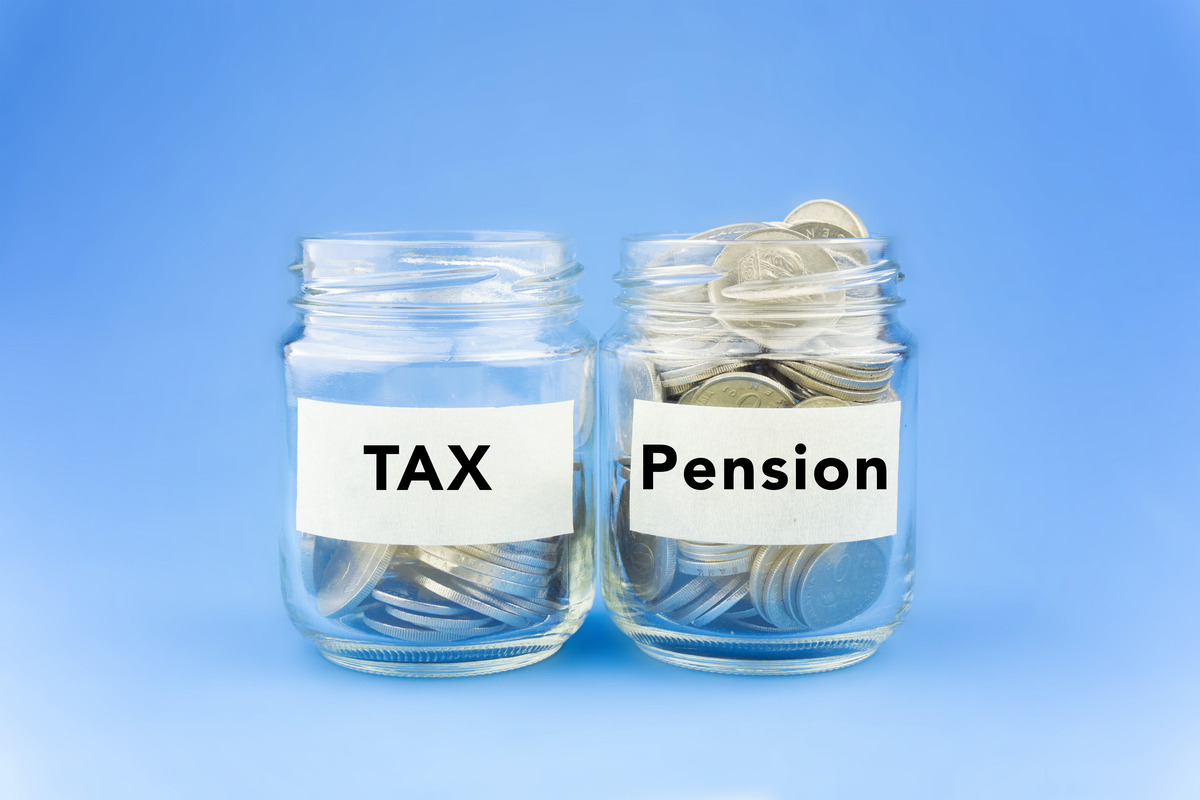Intelligence, community and recognition for pay and reward professionals.
Calls for MPAA to be changed will fall on Treasury’s deaf ear
 Henry Tapper
Henry TapperFollowing appeals from providers to the Treasury on changing the Money Purchase Annual Allowance (MPAA), Henry Tapper from AgeWise says tax is a a "timebomb waiting for RTI to link those paying pensions to those who have been paid from their pension"

The Money Purchase Annual Allowance (MPAA) is often cited as a vindictive tax that punishes people for drawing down on their pension pot from as early as 55.
It was however introduced to protect the pension taxation system from the abuse of “recycling”, a practice where people can draw money out of their pension pot tax-free and then feed it back in at up to £40,000 pa getting tax-relief at their highest rate. Recycling is still possible but at the reduced rate of £4,000 pa.
Those who argue that the MPAA should be increased or even abolished are reckoning without the counterfactual – what people would do if they were aware of the opportunity to recycle.
Read more: Calls for Chancellor to increase MPAA to £10,000
However, the allowance should be a concern for a large number of affluent people who “crystallise” their pension by taking more than their tax-free cash from their pot or who opt to take a pension partly as tax free cash and partly as drawdown income (UFPLS).
There is thought to be mass non-compliance with the payment of tax on pension contributions when the MPAA bites, this is because while there is an onus on the pension provider whose pot has been “crystallise” to warn the saver that the MPAA applies, there is no onus on the provider or the saver to tell payroll they are subject to the restriction, the onus is on the saver to declare any DC contributions that exceed £4,000 in that year via self-assessment. These contributions may be personal or from the employer and there is no opportunity to carry forward unused allowance from previous years.
Since the tax is complex, many experts expect that non-compliance with its declaration through self-assessment is high. Consider a 55-year-old who earns £50,000 and has a contractual right to a 6% company contribution from pound one, subject to a 4% personal contribution. The first £4,000 of the contribution would be tax free, the remaining £1,000 would attract tax – probably at a marginal rate of 40%. The numbers clearly ratchet up for higher earners, but the example shows that many relatively low earners can get caught by the MPAA and (worryingly), many will not be participating in self-assessment.
Understandably, many pension providers working with the “mass-affluent” consider the MPAA unfair and AJ Bell is only the latest SIPP provider to lobby for its reform. However, the government may well consider its claim that its clients are crystallising pensions earlier than state pension age to meet the rising cost of living – specious. Such claims are dismissed in the Treasury as “special pleading” as the government consider those contributing in excess of £4,000 pa to a DC pension pot “well off” enough to get proper advice when crystallising it and remaining in well-pensioned work.
The Treasury are under considerable pressure from organisations such as the Low-Income Tax Group LITR) and the Institute of Fiscal Studies (IFS) to ensure that reliefs and incentives are more fairly distributed to all income groups. It is highly unlikely that the Treasury will rescind what is considered a wealth-tax, designed to limit abuse to ease the mass affluent’s “cost of living crisis”.
The MPAA is an awkward tax that is likely ignored by many owing it. It is a timebomb waiting for RTI to link those paying pensions to those who have been paid from their pension. Reward and payroll managers should be on the look-out for employees 55 or over who are paying more £350 or more per month (including reliefs at source) into their DC pensions. Those lucky enough to be accruing DB benefits are not caught by the MPAA (an inequality that will not have escaped the notice of our new pensions minister, renowned for championing the DC saver). Whether however she will limit reliefs on DB accrual to £4000 pa is unlikely.
As a final point, the Government is currently facing a crisis in the NHS attributable to the loss of junior and senior doctors who cannot afford to pay their tax bills brought on by the annual allowance (very much a DB tax). Expect to see this issue considerably higher up the “to do” list as the Chancellor eyes his budget options.
